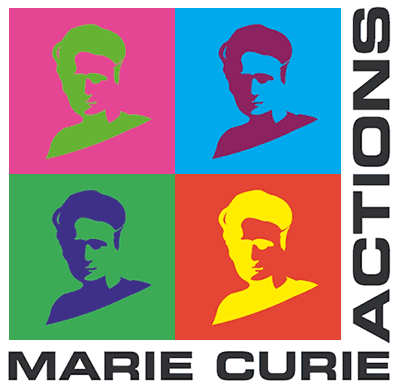Protein aggregation is a hallmark of many late onset neurodegenerative disorders including Parkinson’s Disease (PD), Alzheimer’s Disease (AD), amylotrophic lateral sclerosis (ALS), prion diseases as well as the group of polyglutamine diseases (polyQ). The aim of this project is to create a network of European partners bridging important basic mechanisms involved in proteinopathies, research of model diseases and treatment approaches.
The “TreatPolyQ” network will focus on two main representatives of the polyQ diseases: Huntington’s disease as the most common polyQ disease as well as spinocerebellar ataxia type 3 (SCA3) as the most frequent autosomal-dominantly inherited ataxia. Patients suffer from a multitude of neurological symptoms including movement abnormalities with late onset and in a progressive manner. Up to now, no treatment or cure is available. The network not only focuses on one special aspect of a disease but spans several important disease-associated mechanism as well as promising treatment strategies for HD and SCA3, likely to be important across a range of neurodegenerative diseases.
TreatPolyQ ended on February, 28 2015.
Click here for a synopsis of the network activities.
TreatPolyQ is funded from the European Community‘s Seventh Framework Programme FP7/2010 under Grant Agreement No. 264508






























